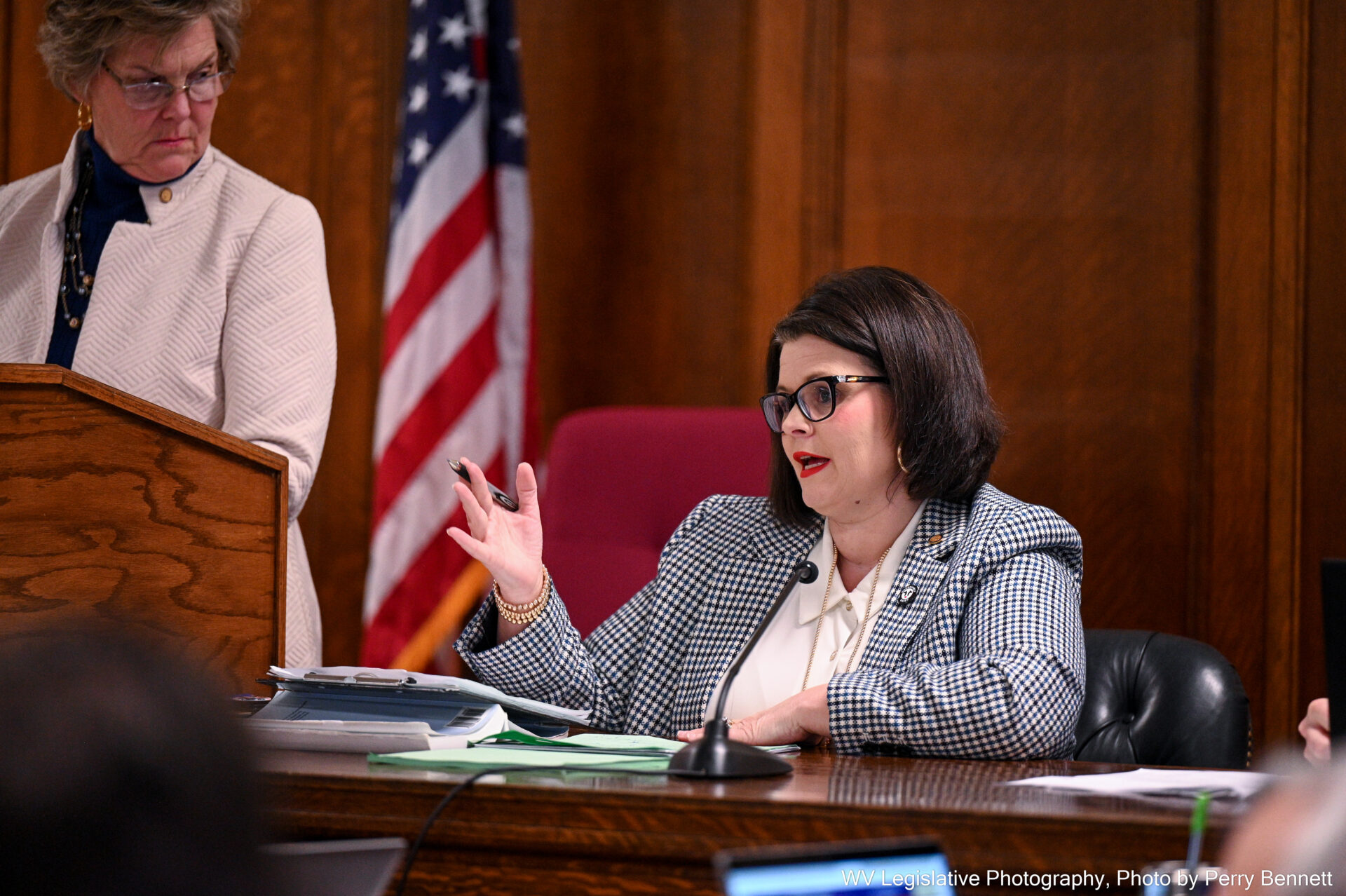Delegates debated certificates of need for health facilities Tuesday during the meeting of the House Health and Human Resources Committee. Proponents of eliminating the practice say it would open the state to more health care services, but health officials say it would put the existing health care system at risk.
A certificate of need (CON) is a legal documentation process in which a proposed healthcare facility must show the need for their facility at a certain location and financial feasibility, among other factors.
Currently in West Virginia, all health care providers, unless otherwise exempt, must obtain a CON before adding or expanding health care services, exceeding the capital expenditure threshold of $5,803,788, obtaining major medical equipment valued at $5,803,788 or more, or developing or acquiring new health care facilities.
House Bill 4909 would eliminate those requirements for all health facilities in West Virginia except hospice care homes.
Jim Kaufman, president of the West Virginia Hospital Association, testified before the House Health and Human Resources Committee on Tuesday. He said the association strongly opposes the repeal of CON.
“Our concern is if you eliminate CON, basically, you could have organizations from outside the state come in and cherry-pick services,” Kaufman said. “Usually what you’re going to see is they’re going to go after commercial pay patients, you’re paying patients and leave the institutions that are here with their Medicaid and uninsured population, and you’re gonna see the entire health care delivery system undermined.”
Kaufman testified that the average West Virginia hospital’s payer base is 75 percent Medicaid and Medicare. The national average is 40 percent.
“That’s why we feel it would undermine the health care delivery system in this state, leaving our existing hospitals, whether they’re a critical access hospital or midsize hospitals, with basically the lower paying patients,” Kaufman said.
Del. Heather Tully, R-Nicholas, questioned Heather Conley, an assistant attorney general embedded with the Health Care Authority. Tully asked if a facility’s certificate of need could be reconsidered if they’re not meeting a community’s needs.
“Once you have a CON, you have to do something pretty egregious, and someone has to bring it up before anything can happen to your CON,” Conley said.
Tully spoke in support of the bill, citing concerns about lack of oversight once a CON is granted.
“I think it’s concerning that we don’t look at the diversions and bed closures and changing of staffing levels,” Tully said. “So for that reason, I will be supporting this bill. And hopefully we will infuse some competition into health care and make it make everybody better.”
The bill passed with 13 yeas and nine nays.
